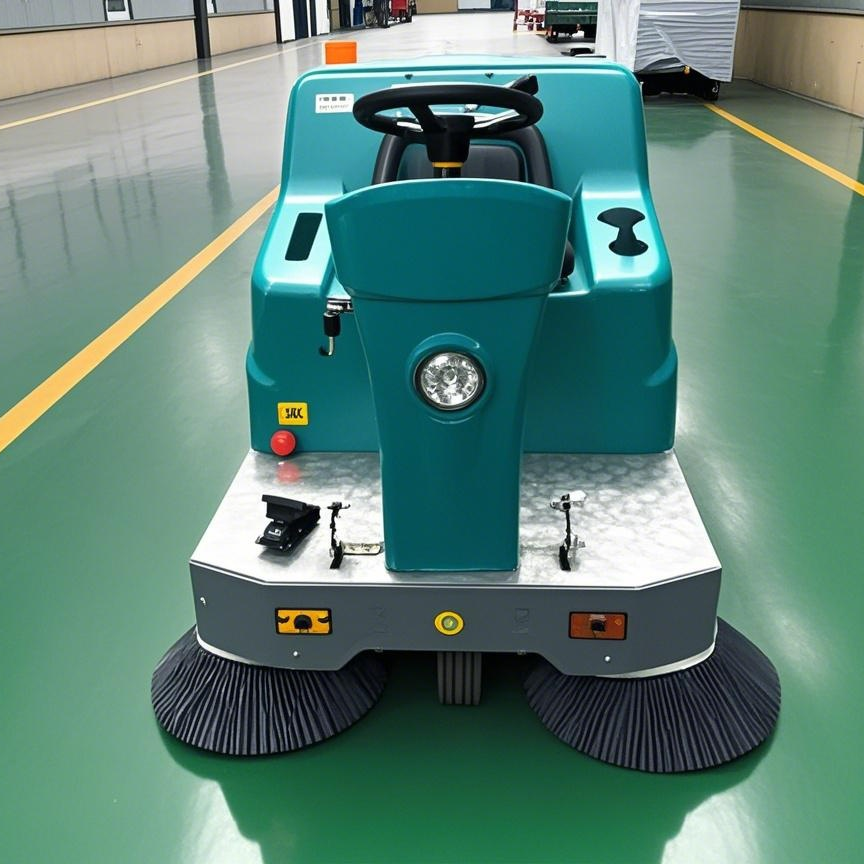Dust Collector: Industrial Dust and Particle Filtration System
A dust collector is used to capture and collect dust and particles generated in industrial production, purifying the air and recycling valuable materials. Utilizing principles like filtration or centrifugation, it comes in types such as bag dust collectors and cyclone dust collectors. When integrated with production lines, it reduces the risk of dust explosions and complies with environmental protection standards. Commonly used in mines, building material factories, metal processing workshops, and grain processing plants, it helps maintain clean and safe industrial environments.
Get A Quote

